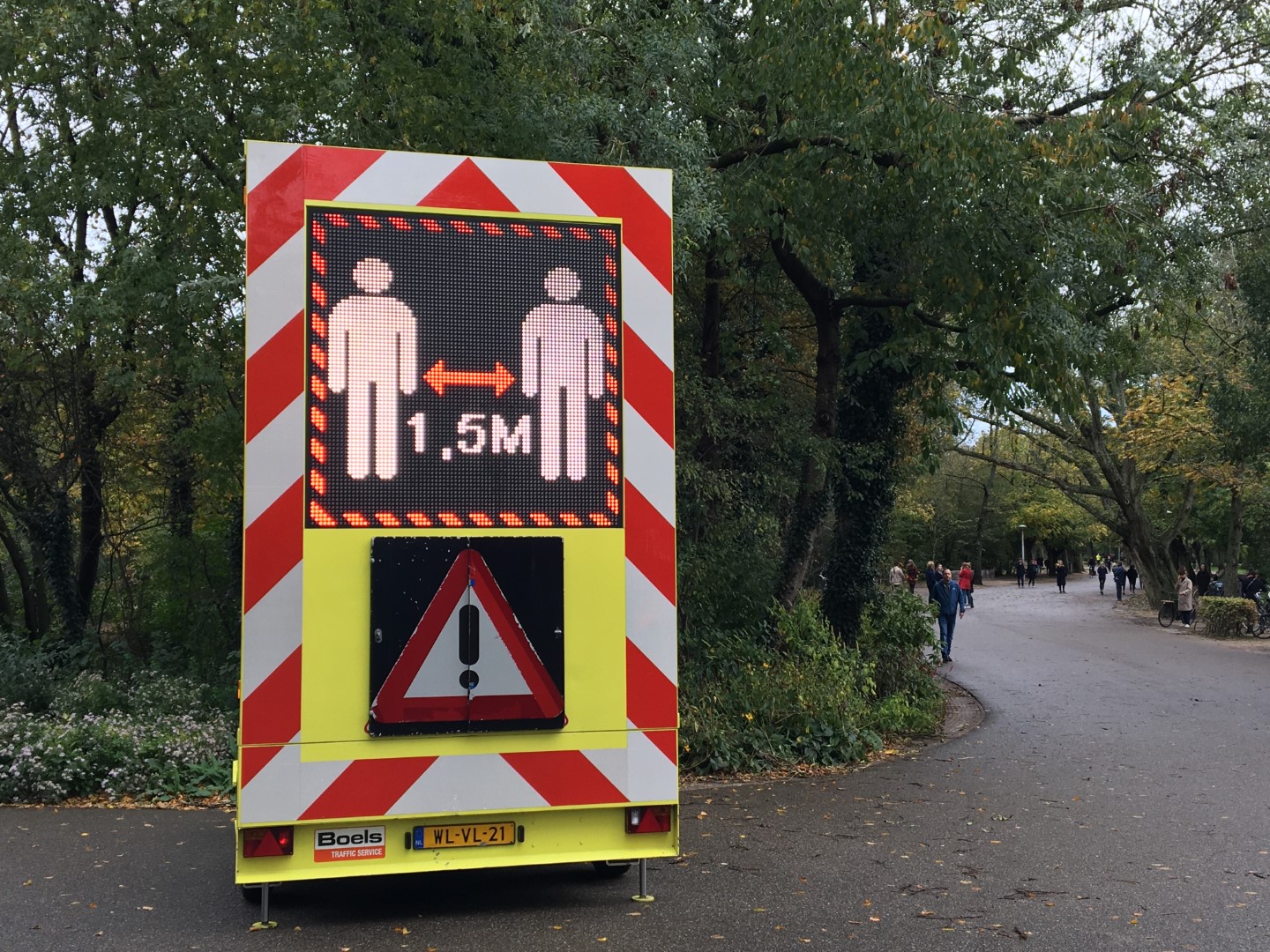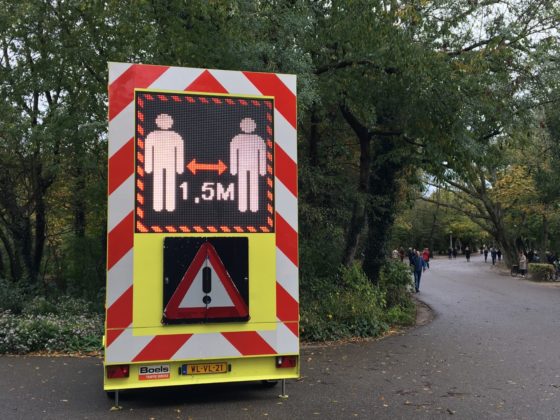Support for coronavirus measures drops, but most are still sticking to the rules


One year after the first coronavirus case in the Netherlands, support for the government’s strategy is falling, new research by the public health institute RIVM shows.
In particular, fewer than half the 54,000 people who took part in the survey think the curfew and the limit on home visitor numbers are having an impact in stopping the spread of the virus.
Nevertheless, the survey shows that 92% of the population are sticking to the curfew rules and 81% are limiting themselves to one visitor a day, although this is well down on the 95% adherence recorded in the last survey.
‘Many people see the point in washing hands, avoiding busy places and keeping your distance,’ RIVM behavioural scientist Marijn de Bruin told broadcaster NOS. ‘But measures that have an impact on social lives are hurting. Many respondents are asking why they can visit their parents, but that their parents cannot visit them.’
The RIVM’s behavioural unit expects support for all the coronavirus measures to decline further the longer they continue.
Just under half the people polled think the cabinet has properly balanced society’s interests against the measure and only 29% think the cabinet has set out a clear course. And only four in 10 say the vaccination strategy which determines who should be vaccinated and when, is fair.
People are also less likely take a coronavirus test. Just 45% say they would have a test if they had the symptoms of a cold, compared with 60% in January.
Worrying
‘This is worrying,’ De Bruin said. ‘Staying home and having a test are not particularly taxing but do bring great benefits. And that might allow us to relax the rules that really are causing problems.’
The pandemic does not appear to be having much impact on plans to vote in the March general election. Some 88% of those who took part say they plan to vote on March 17, and just one in four are worried that polling stations could be a source of infection.
Broadcaster RTL points out that the survey is not representative of the general population. Some 60% of participants have a college or university degree, compared with 33% of the general population and few youngsters are also included, RTL says.
Thank you for donating to DutchNews.nl.
We could not provide the Dutch News service, and keep it free of charge, without the generous support of our readers. Your donations allow us to report on issues you tell us matter, and provide you with a summary of the most important Dutch news each day.
Make a donation